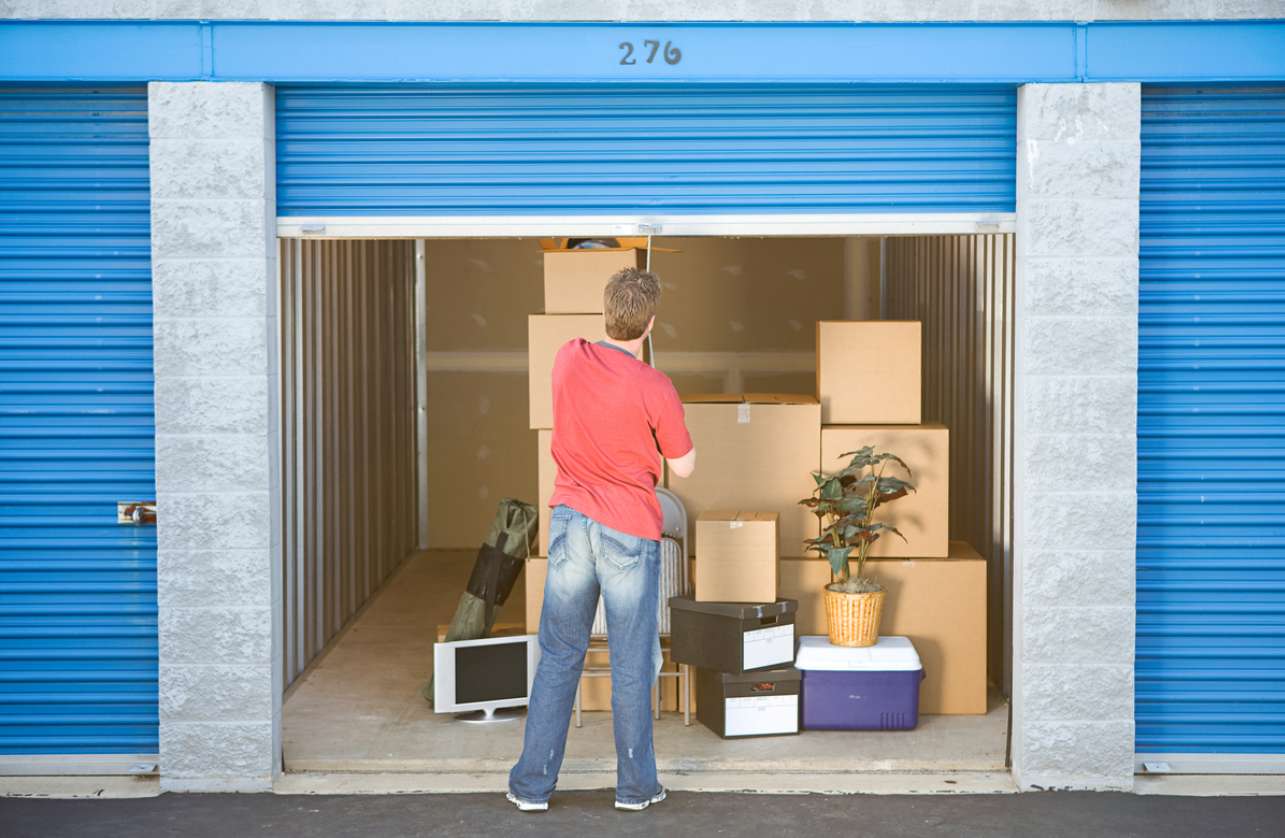Unlock Room to Pursue Life— Enjoy Up to 50% Off Storage Units! Rent Online Today!
Unlock Room to Pursue Life— Enjoy Up to 50% Off Storage Units! Rent Online Today!
Home > Blog > How to Prepare Your Seasonal Items for Winter Storage

As another summer draws to a close and cooler temps are being ushered in, it’s time to take stock of all the summer items that need to be put away — somewhere.
You could always stuff everything in closets and crawl spaces, or shove it into a corner of the garage or basement, where you’ll never be able to find anything. Or you could put your summer gear into winter storage.
Wait: winter storage? You only have a couple of tents, some sleeping bags, bikes, a paddleboard, kayaks and paddles, tables, patio furniture, a pop-up sun shade, life jackets, then there’s the riding lawnmower and garden hoses …
When you think of all the things you do mostly during summer months — beach outings, camping weekends, grilling out, mowing, gardening and lawn work — why take up space storing it your house for three more seasons? Organize and store these seasonal belongings for the winter in self storage instead.
Not all seasonal items are perfect candidates for winter storage. You might want to use your tabletop grill for tailgating all autumn long, but you may not use your backyard grill much beyond September. Here’s how to select and store seasonal items in your self-storage space:
Grills. Clean the grill grates thoroughly and detach the propane tank. It’s not safe to store propane tanks in your winter storage unit or inside your garage; instead, leave them outside in a shady spot and cover them with a tarp.
Patio furniture. Freezing temps can crack plastic furniture; if left in the rain, wood can mildew and metal will rust. Store patio furniture to extend its life. Put cushions in plastic garbage bags, seal them, and stack them on a shelf inside your storage space. Cover furniture with a tarp to prevent it from getting dusty.
Bikes, kayaks, paddleboards and canoes: Cold temperatures can also affect the plastics, wood and fiberglass in boats, making climate-controlled storage a good choice for smaller watercraft. Store boats off the ground, with kayaks on their sides and canoes upside down. Sawhorses are a great way to suspend your smaller boats. If your boat has them, remove float tank plugs from the front and back, and remove hatch covers.
Mowers, jet skis, scooters and motorcycles: Fill gas tanks with higher octane gas and add stabilizer to prevent condensation. Disconnect batteries and store them on a towel. You can stuff rags into the exhaust areas to keep pests out; just remember to remove them when you fire everything back up.
Whether for boats and RVs or grills and garden implements, Self Storage Plus has the space and size you need. You’ll easily find the right self storage option in the Greater Washington, D.C., and Baltimore area. We even offer drive-up storage units that let you drive right up; open the garage door; and unload your car, van or truck with no stairs, hallways or elevators to navigate.
To get started, find the most convenient winter storage that best suits your needs.
Copyright 2024 Self Storage Plus